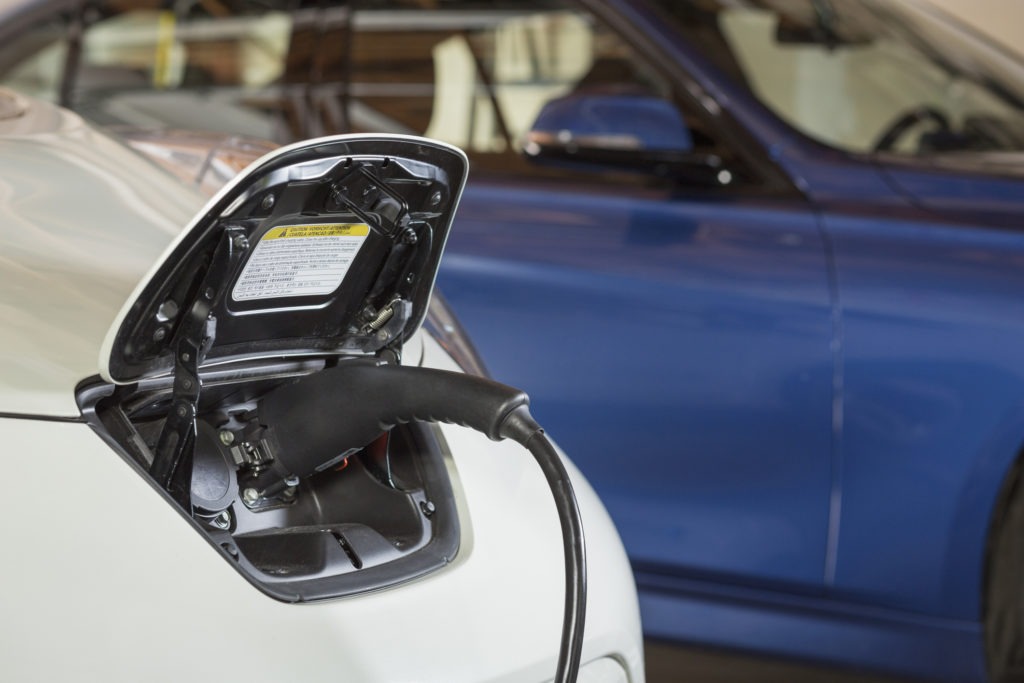Electric cars will remain a money sink for OEMs until 2025, says Continental
10 May 2017

10 May 2017
The majority of carmakers who are readying a battalion of electric vehicles (EVs) for launch around 2020 will suffer a continued ramp-up in costs for half of the next decade until 2025, says supplier Continental.
Continental CFO Wolfgang Schaefer told Bloomberg: ′High battery costs, limits to driving ranges and charging times mean that electric cars won’t have an economic advantage over combustion engines until 2025.’
This means that carmakers, particularly in the volume segment, will face an uphill struggle in the first half of the next decade to control costs as they heavily push EVs to stay relevant in the growing market and as they try to meet increasingly strict emissions targets worldwide. Volkswagen is to triple its non-combustion engine spending to €9 billion over the next five years. Daimler for its part will spend €10 billion.
However, premium carmakers with their higher margin headroom to manoeuvre may find the transition easier. At the Vienna Motor Symposium, BMW said it plans to offer electric cars with a range of 500km from 2020 at a comparable price to petrol cars thanks to new battery technology. For this, BMW will rely on nickel-manganese cobalt batteries, rather than the typical lithium ion batteries used. BMW will also launch the electric iNext flagship in 2021, built in Dingolfing, which BMWBlog reports will be a crossover, similar to the Jaguar I-Pace. BMW is also ′going on the offensive’ more generally, aiming to win back its ′rightful’ top position in premium car sales back from Mercedes-Benz, and plans to raise annual production capacity by 27% to 3 million vehicles by 2020, reports Handelsblatt, including building the X5 offroader in China.
Carmakers still have a long way to go until electric vehicle sales – both hybrids and all-electric models – are comparable to those of combustion engines. According to ACEA, alternative fuel vehicle (electric and hybrid) sales in Europe stood at 235,438 vehicles in the first quarter, up 36%, compared to total new car registrations of 1.94 million vehicles.
Suppliers such as Continental are set to be big winners from the transition to electric vehicles, as they will be selling electric powertrain parts worth around €3,000, replacing parts worth €750 in traditional combustion engines, Schaefer said, as the powertrain component makes up a greater proportion of the value of the car. This is why Volkswagen wants to make electric powertrains a ′core competency’ of the group, meaning doing more EV powertrain manufacturing in-house.
Photograph courtesy of DriveNow